ADJUSTABLE RATE MORTGAGE LOAN
An adjustable-rate mortgage, or ARM, is a home loan with an interest rate that can change periodically. This means that the monthly payments can go up or down. Generally, the initial interest rate is lower than that of a comparable fixed-rate mortgage. After that period ends, interest rates — and your monthly payments — can go lower or higher.
MINIMUM CREDIT SCORE
620
KEY ADVANTAGES
LOW INTEREST RATE LOW PAYMENTS


How does an adjustable-rate mortgage work?
The initial rate and payments during the first few years can be significantly different from rates and payments later in the loan’s term. Before committing to an adjustable-rate mortgage, ask your lender for an annual percentage rate (APR). If this rate is higher than the initial rate, it is safe to assume that your rate and payments will be a lot higher when your initial period is over, even if interest rates are stable.
ARMs have an adjustment period where the interest rate and monthly payment changes. These adjustment periods can occur every month, quarter, or year. For example, a loan with an adjustment period of one year is called a one-year ARM, and the interest rate and payment can change once every year; a loan with a five-year adjustment period is called a five-year ARM, and so on.
The interest rate for an ARM depends on two main components: the index and margin. The index measures the interest rate and the margin is an extra amount your lender adds. Your monthly payments will be influenced by any caps, limits, or how high or low your rate is. For example, if the index goes up, so will your interest rate, and most likely, your monthly payments. If the index goes down, so will your interest rate and monthly payments.
ARM rates vary from lender to lender. However, most lenders use the same variety of indexes to project an interest rate. For example, the most common indexes include the rates on one-year constant-maturity Treasury (CMT) securities, the Cost of Funds Index (COFI), and the London Interbank Offered Rate (LIBOR). On the other hand, some lenders use their own cost of funds as an index. Before picking a lender, ask what index they use and how it fluctuates. This will give you a better idea of what you can expect with that lender and loan.
The margin is an added percentage to the interest rate on an ARM. Just like interest rates, margins can differ from lender to lender, but it usually remains consistent over the term of the loan. The index plus the margin is known as the fully indexed rate. For example, if a lender uses an index that is 3% and adds a 3% margin, the fully indexed rate would be 6%. Some lenders base the amount of margin they add off your credit score. Meaning, if you have a high credit score, a lower percentage margin will be added, and you will pay less interest over the life of your loan.
What is the difference between a fixed-rate and an adjustable-rate mortgage (ARM)?
The difference between a fixed-rate and adjustable-rate mortgage (ARM) is that the interest rate for fixed-rate mortgages will stay the same over the life of the loan. With an ARM, the interest may increase or decrease.
People are attracted to ARMs initially because they begin with a lower interest rate than fixed-rate mortgages. This interest rate may stay the same throughout the introductory period, which usually ranges between several months and a few years. Once this period is over, your interest rate will change, and so will monthly payments.
An ARM’s interest rate is based on an index that refers to several indicators, such as the one-year constant-maturity Treasury (CMT) securities, the Cost of Funds Index (COFI), and the London Interbank Offered Rate (LIBOR). If the index goes up, so will your interest rate, and monthly payments; if the index goes down, so will your interest rate, and monthly payments.
With a fixed-rate mortgage, monthly payments and interest rates will remain consistent throughout the entire loan. This option makes it easier for borrowers to budget and manage their finances.


